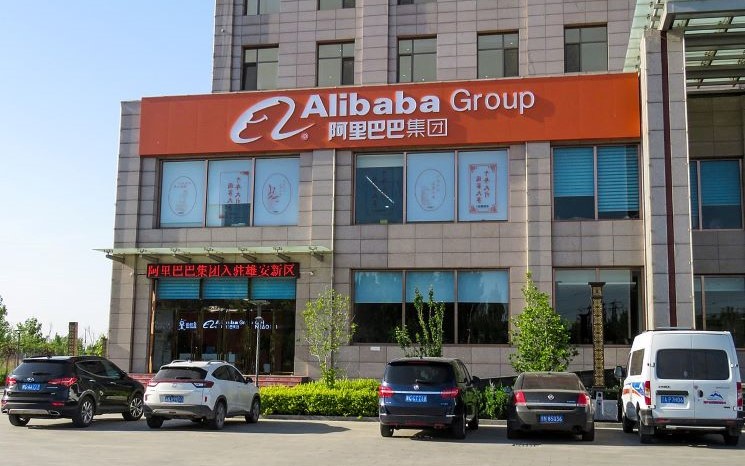Alibaba finally listed in China
Given the history of the group founded by Jack Ma, this may seem like a paradox, but until August 28, Alibaba had a primary listing on Wall Street (on the New York Stock Exchange) since 2014 and only a secondary listing in Hong Kong since 2019 .By obtaining the right to convert the latter to primary status (at the level of New York), the Chinese e-commerce giant has just repaired an earlier failure: in 2020, Beijing had derailed an introductory project on the Ants stock market Group, its subsidiary specializing in financial services .
As of now, it is the parent company, Alibaba, which is listed on the Hong Kong financial center, and this should be very beneficial for it. In fact, mainland investors will now have the right to buy shares in the group in Hong Kong, and they will even have simplified access to international markets through this. According to Bloomberg News, this could bring Alibaba an estimated capital inflow of US$19.5 billion over the next six months.
Alibaba, the king of Hong Kong values
Already in Hong Kong, Alibaba stock has quickly become a trading heavyweight. On Friday, September 6, in the composition of the ETF Tracker Fund of Hong Kong, it represented 7.31% of the index, second after HSBC Holdings (8.48%) and ahead of AIA Group Limited (5.93%) . It must be said that within e-commerce there is a strong first-mover premium. Founded on June 28, 1999 in Hangzhou, Alibaba was notably the second Asian company to pass the 500 billion capitalization milestone in 2018, after Tencent. It was at this point that the acronym Batx (Baidu, Alibaba, Tencent and Xiaomi) emerged to denote the Chinese equivalent of Gafam.
Today, although Alibaba’s leadership in e-commerce is contested in China by Douyin and especially the low-cost specialist PDD Holding, the group led by Joseph Tsai still had a market share of 46% in 2023. To this must be added a strong presence abroad, such as in Singapore with the Lazada platform.
The group has also diversified into other sectors. For example, it has owned the South China Morning Post newspaper since 2015. He also owns a film production and distribution company, Alibaba Pictures, and a cloud computing company, Alibaba Cloud.
Alibaba can hide a treasure
According to several advisers, the current share price could be a good opportunity. Thus, on September 1, the site 247wallst.com cited Alibaba among the three undervalued stocks that could gain 25% this year or more. In fact, a certain number of corporate policies appeal to investors, starting with share buybacks of 12.2 billion, payment of first dividend or growth potential.
In addition, among the latest news from the group there is also a lot of good news. Thus, Alibaba has just teamed up with Mastercard and Cardless to launch a credit card. In China, it has integrated WeChat Pay (from Tencent) on its Taobao and Tmall e-commerce platforms. Finally, China’s Administration for Market Regulation (SAMR) has just declared that it has completed its antitrust review of Alibaba Holding, three years after fining it US$2.8 billion in 2021 for anti-competitive practices. Under these conditions, 2024 this year could look like a fairy tale for Alibaba.
